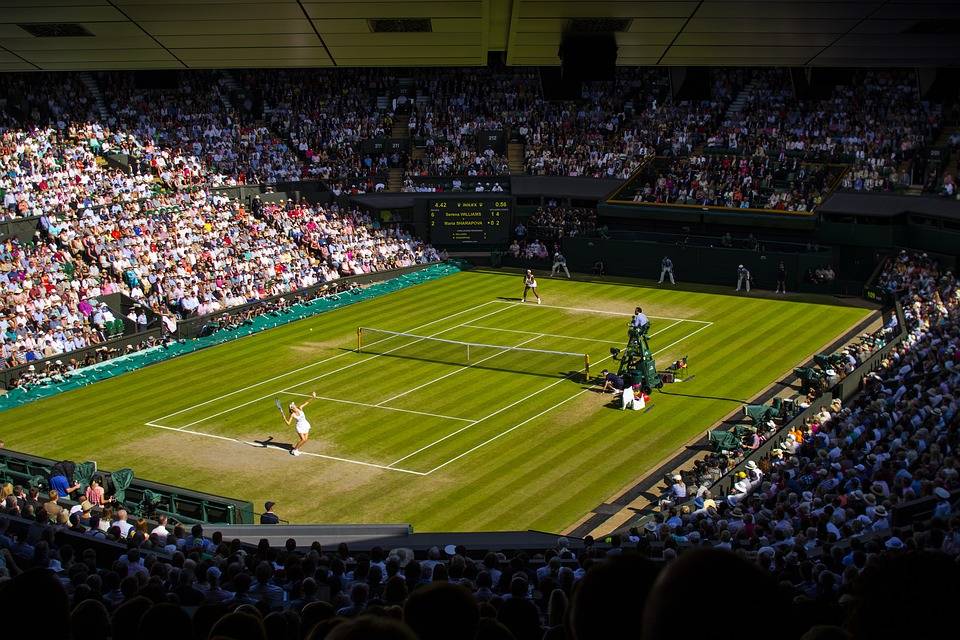1. Eliminating Unforced Errors can be as important as finding Winners. Rafa had 7 unforced errors in his entire match against Andy Murray. Which he won. He conceded 5 in the first set alone in the final. Which he lost. There are hundreds of potential unforced errors – turning up late, technical issues, distracting clothing/body language ‘noise’, incorrect assumptions about audience, content, outcomes, priorities, agendas etc. Get rid of them…
2. Being nimble on your feet. You need to be able to smell the room, change pace and sometimes direction. In the same way that playing a tennis match is different to knocking a ball against a non-agenda wall that simply knocks it back at you, a live audience is volatile and disobedient – their agenda is the rogue player in the room.
3. Focus on where your opponent is and where they are going Your content should be honed and secure in your head. All your energy and focus should be on your delivery, the audience and how they are responding – refocusing and varying your delivery and your message if needed.
4. Attitude is king. As a coach, I was lucky enough to be coached by Ian Barclay, who coached Pat Cash. He said that a beginner needs 95% technical input and 5% attitude input from their coach while a pro needs 5% technical input and 95% attitude. People can smell a winner – and you will play up if you feel like a winner.
5. Be the Player – not the Commentator. If you let commentators language and thoughts into your head (“If I pull this off…”, “My bonus on this will be huge..” etc), you WILL lose concentration. Let others commentate – you play. As Petra Kvitova said after winning the final: You have to “focus on each point”.
6. The Power is in how you start. Getting attention, being different, claiming the right to be heard, asserting authority and proving your credibility – these are the jobs of the first serve or your first return. Or the delivery and content of your first sentence. Own the occasion or it will own you.
7. Favourites don’t always win – commentators are fallible. Ignore them and concentrate on being better. Better in substance and better in delivery.
8. Practice practice practice Djokovic’s coach said the result was due to “just hard work!!!” Skill is needed but work hones the skill.
9. Believe in yourself and in your message. Djokovic’s confidence came after winning in the Davis cup. This confidence boost was more important than doubling his technical skill. A boutique consultancy hired me to “fix” the presentation skills of a new hire from one of the big consultancies. When she presented on a topic she believed in, she was transformed. Her problem was not her presenting skills. The problem was her lack of confidence in the claims this consultancy made.
10. Be likeable. Many former players were spectators at Wimbledon. But the popular personalities – Sue Barker, Boris Becker, John McEnroe – were the ones who were still working. Every presentation you make adds or detracts to your personal reputation – and may open other doors in the future.
11. Know your competition. Djokovic won because he neutralised Rafa’s best weapon – his forehand. Being different means knowing your competition and outplaying their strengths.

